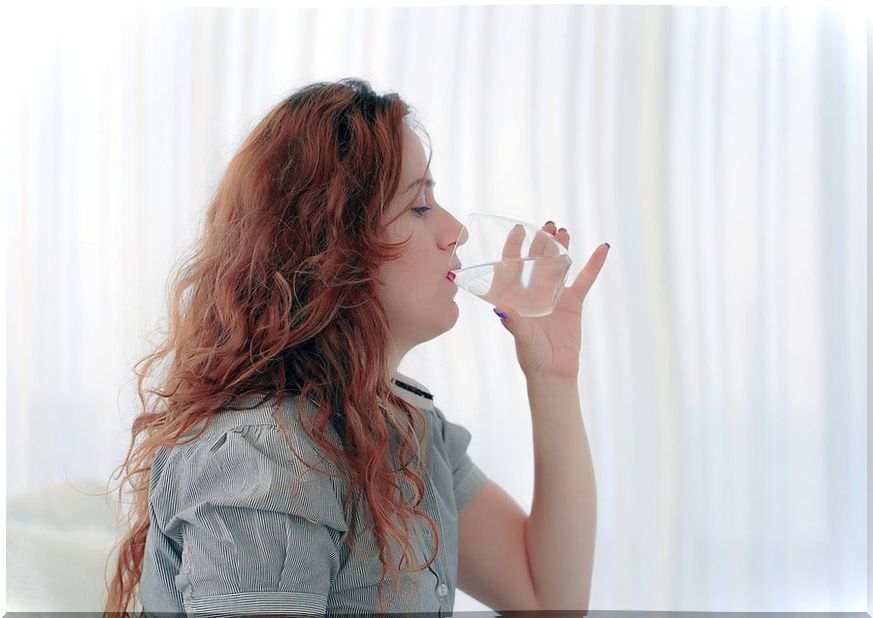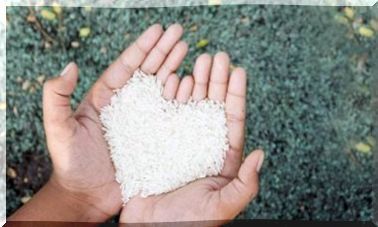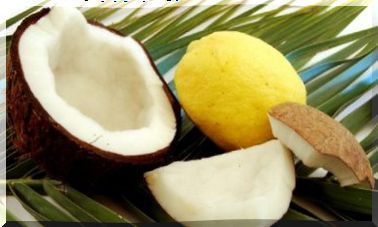Symptoms Of Hyperhydration
To speak of hyperhydration is to refer to a term that is not common, even among doctors. At the other extreme, dehydration is a well-known condition.
Well, hyperhydration is the opposite of dehydration. It is also defined as intoxication with water, as if it were a poison. And is that any excess substance becomes toxic to the body.
Although it is a rare, uncommon disorder, it can occur among athletes of long marathons and kidney patients. In people with good kidney function it is very difficult to reach this state, since the filtration and production of urine prevent it.
In terms of numbers and quantities, a healthy adult would have to exceed 24 liters of water intake per day for the kidneys to be exceeded in their capacity. As we can imagine, under normal conditions, it is strange.
Causes of the disorder
As we already anticipated, there are specific situations that favor hyperhydration. One of these situations is the practice of ultra-endurance sports, such as marathons, for example. Athletes overhydrate due to the fear of dehydration, and this can lead to an overcoming of filtering levels in the face of kidneys that change their physiology for sport.
There is a psychiatric condition called psychogenic polydipsia, in which the person ingests water at all times, motivated by unfounded fears. They constitute another risk group for hyperhydration, especially in times of acute crisis.
Kidney patients are exposed to hyperhydration due to the malfunction of urine filtration. Even with a controlled intake, the maladjustment of the renal glomeruli can lead to the accumulation of internal water.
Finally, we will mention inappropriate vasopressin secretion. Also called antidiuretic hormone , it is a substance that the pituitary makes to stop urine production when necessary. If vasopressin is abundant, the order to the kidneys is to retain water.

Symptoms of hyperhydration
In a state of water intoxication, the cells of all organs begin to accumulate extra fluid inside. There is a cellular inflammation that does not happen in the classic way.
When the neurons are the ones that are inflamed by water, intracranial pressure increases, and all the structures of the brain squeeze against each other and against the bones of the skull. This will generate from headaches to neurological disorders.
Increasing the volume of water often dilutes electrolytes in the blood, such as sodium and potassium. We entered states of hypokalemia and hyponatremia, with the consequent effect on muscle metabolism. There are cramps in the limbs and extreme fatigue.
If hypokalemia is prolonged, low blood potassium levels prevent the heart muscle from contracting efficiently. Heart failure appears immediately, blood flow decreases and arrhythmia can be entered.
In extreme situations, the evolution goes from delusions, hallucinations and convulsions, to coma and death. The death is explained by heart failure or by intracranial pressure on the respiratory bulbs.
Some studies have found that a sore throat is an early symptom of overhydration. This would be because the brain, when registering the increase in the volume of internal water, generates a closed throat sensation when drinking.

Types of hyperhydration
We can suffer from two forms of hyperhydration: hypotonic and isotonic. In the first, the amount of fluid in the body increases, but the electrolytes do not accompany it in its increase. In the second, sodium increases along with the extra water.
Hypotonic hyperhydration owes its symptoms to dilution of sodium and potassium. When it appears, the group that most manifests it are the insufficient kidney. In healthy individuals this form is very rare.
Treating hypotonic hyperhydration requires supplying the body with missing electrolytes to make up for dilution, while stimulating urination. Therefore, it must be done in a controlled environment, intravenously, under medical supervision.
In the other case, that of isotonic hyperhydration, the key symptom is edema. People see their lower limbs swollen and, in the case of hypertensive patients, blood pressure values persistently rise above normal.
As isotonic hyperhydration responds to other underlying diseases, treatment should focus on them. It is also essential to restrict sodium intake with food to allow the kidneys to eliminate the excess.
Hyperhydration can be prevented
Even in cases caused by underlying chronic diseases, it is possible to prevent the appearance of symptoms. Strict kidney control and adequate water intake are sufficient.
If hyperhydration, despite everything, becomes evident, it will be the doctors in charge of correcting the disorder. The handling of electrolytes must be careful not to cause major problems.









